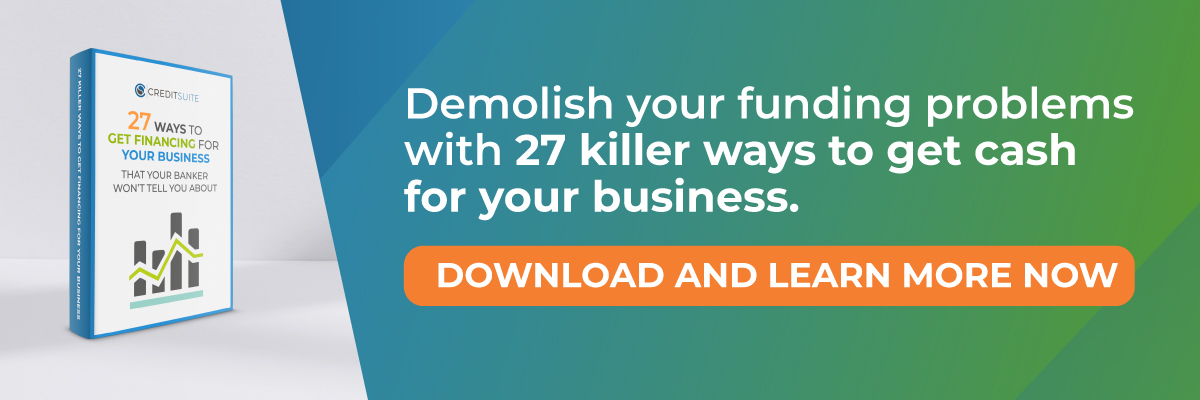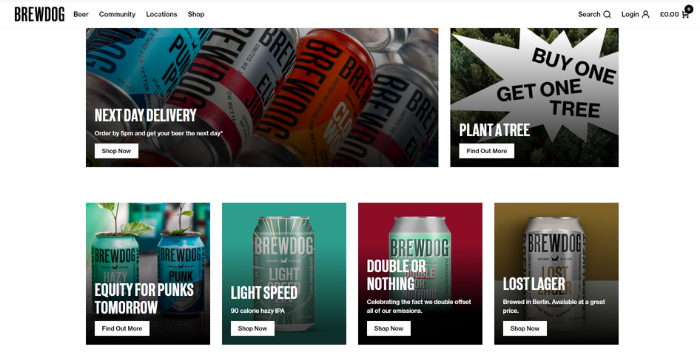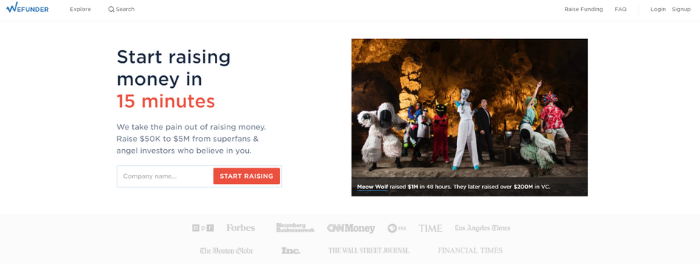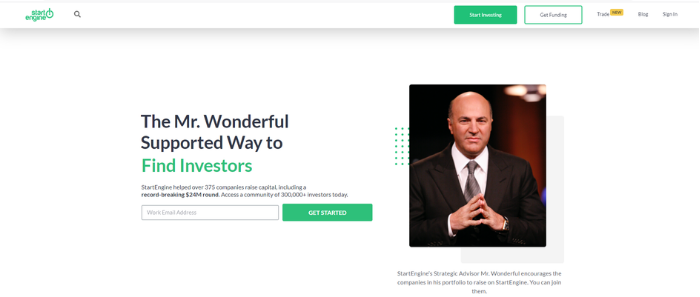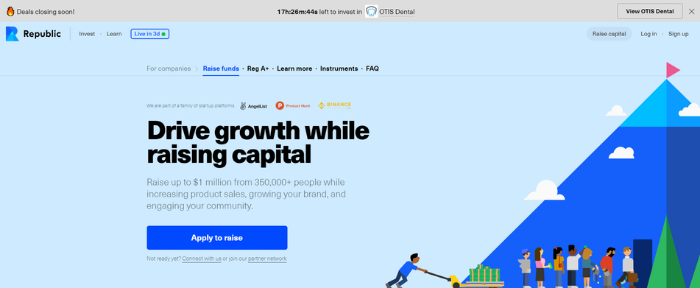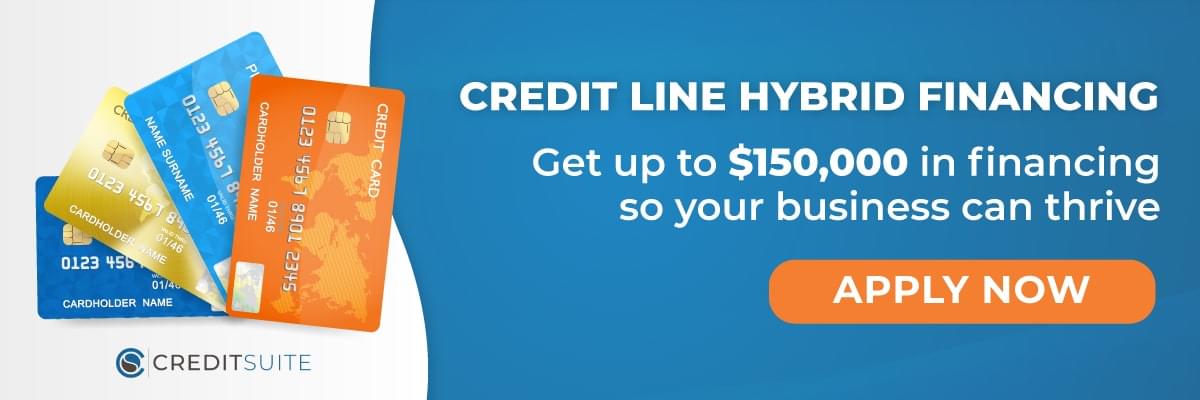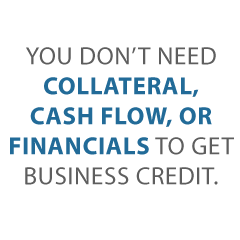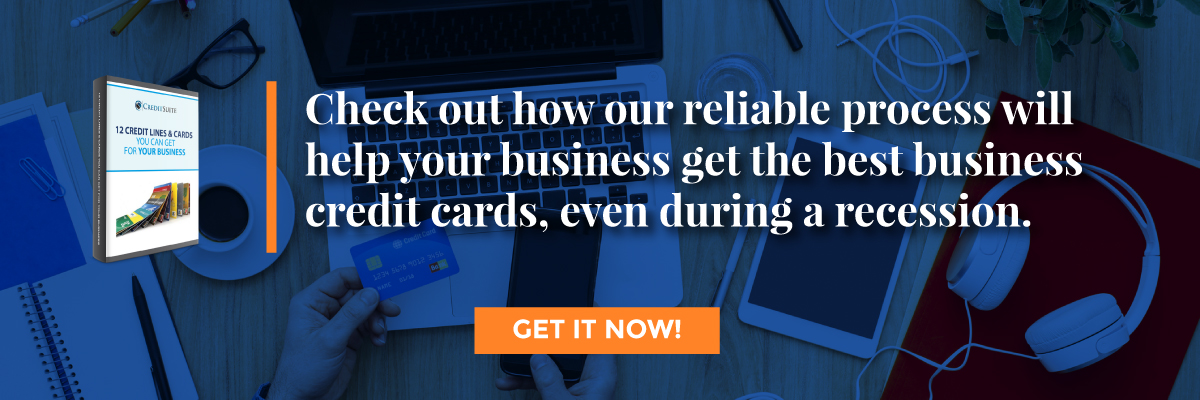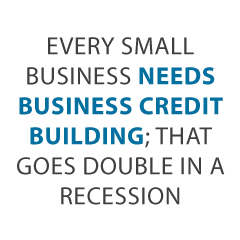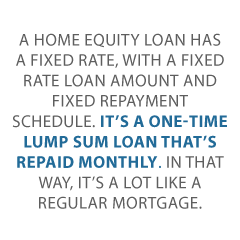
Start a Business with Home Equity
Are You Thinking If You Should Start a Business with Home Equity?
Whether it’s a good idea to start a business with home equity will depend on several factors. But it’s not outside the realm of possibility.
Home Ownership, Business, and Financing
Are you a homeowner? Do you have significant equity in your home? You probably already know that your home’s equity is valuable. But have you ever thought of using your home’s equity to finance a new or preexisting business?
Start a Business with Home Equity Lending
There are two main types of funds you can get out of your home’s equity. Both are second mortgages on your house. A home equity loan has a fixed rate, with a fixed rate loan amount and fixed repayment schedule. It’s a one-time lump sum loan that’s repaid monthly. In that way, it’s a lot like a regular mortgage.
Start a Business with Home Equity Lines of Credit
A home equity line of credit (HELOC) works more like a credit card. It has a variable interest rate. You can use the equity when you need it. This is up to a predetermined amount. You can borrow against it for a certain period. This is usually five to ten years.
You’re only charged interest when you withdraw funds. You only pay interest during this draw period. Hence the monthly payments are lower while you’re not repaying principal. After the draw period it converts to a fixed-rate loan for repayment of the principle.
During the time you’re repaying the principle, you can no longer withdraw funds. You must pay off the entire HELOC balance. With a HELOC, the interest rate will vary. As a result, your costs will go up or down with the prime rate.
Start a Business with Home Equity Loans vs. HELOCs
One issue is that a home equity loan has higher payments than a HELOC. This is because you’re repaying both principal and interest each month. For both types of financing, your home serves as the collateral. So if you default, it won’t matter if you have a HELOC or a home equity loan. You’ll lose your house either way.
Demolish your funding problems with 27 killer ways to get cash for your business.
Start a Business with Home Equity vs. Business Loans
Traditional small business loans can require a lot of paperwork. A bank may require paperwork like a projection of income and finance for the business, personal financial statements, your business lease, your business plan, three years of tax returns, and more.
The smaller and newer your business, the less likely you are to get a bank loan. Home equity can be easier to get. Home equity lenders aren’t concerned with your business plan. They just want to know about your personal resources.
Home Equity Loans: The Details
If you have the income, equity, and credit rating to repay the loan, you’re likely to get a loan or line of credit. Home equity interest rates are lower than business loans. This is because the mortgage lender isn’t taking on the risk of your business. Rather, that’s your risk.
If your business fails or isn’t as successful as you expected, you still have to repay the loan, or lose your home. The low interest rates offered on HELOCs can be misleading. this is because the rates vary during the loan period.
Most equity loans are fixed rate simple interest, but most HELOCs are offered at revolving variable rates. This makes them similar to credit card accounts. Hence, the line accumulates interest far more quickly, and the rate is subject to change. As a result, your best option may be to get a loan for an amount expected to cover immediate or short-term needs, with an equity line for any excess.
Home Equity Loans: Some Positives
A home equity loan may be best for one-time business expenses. And HELOCs may be better used by business owners as a cash reserve over time. Money from a home equity loan or line of credit can be used any way you wish, while business loans may be restricted in their use. The interest on a home equity loan or HELOC may be tax deductible.
You don’t have to pay a HELOC down to zero every year, as business credit lines may require. Interest paid on home equity debt can generally be deducted up to $100,000, or $50,000 if you’re married and filing separately, per the IRS. Interest paid on bank loans, personal loans, credit cards and other types of loans isn’t deductible.
The flexibility with home equity borrowing means, when pledging your home as collateral, the debt generally can’t be discharged in bankruptcy if the business fails. Plus you can’t refinance or consolidate without at least two years of profits as shown on your tax returns. If you use a HELOC to finance your business, pay vary close attention to making sure the business is profitable as quickly as possible. And get into a position to refinance or pay off the debt as soon as you can to mitigate personal risk.
Disadvantages of Home Equity Loans and HELOCs
One of the biggest issues is the possibility of going underwater. If you tap into your home’s equity, and later its value declines, you could owe more on your home than it’s actually worth. This is usually called being “underwater’’ or “upside down’’ on your mortgage.
There may be an issue with closing costs and fees. Home equity loans can serve as a second mortgage. So just like your primary mortgage, the closing costs, often somewhere between 2% and 5% of loan amount, can be expensive.
There may also be an early termination fee if you pay off the loan ahead of schedule. If you decide to sell your home before you’ve finished paying back the loan, the balance of your home equity loan will be due. Only you can decide if it’s worth it.
Which Businesses are Best for HELOCs and Home Equity Loans?
Risky businesses are not a good idea for HELOCs and home equity loans, seeing as your house is on the line. Hence a new product which may not catch on with consumers should be financed in some other fashion. Rather, a business in a well-known and used service industry – such as dry cleaning – would be a better choice. In essence if a product or service would be attractive to a venture capital firm, then it would probably be a poor choice for h0me equity financing.
HELOCs are Harder to Get Right Now
According to Forbes, even though a good 45 million American homeowners have about $6.3 trillion in available equity,“As of May 1, after raising their lending standards in April, JPMorgan Chase and Wells Fargo temporarily are not accepting applications for new HELOCs, “due to the economic uncertainty created by COVID-19.” In its mid-April announcement, Chase identified cash-out refinancing as an option available to homeowners seeking to tap their home equity”.
Consider Cash-Out Refinancing as an Alternative to a HELOC
Cash-out refinancing differs from a traditional refinance. It replaces the old loan with a new one that is for an amount larger than the amount needed to pay off the old note. The difference between what was borrowed and what it takes to pay off the previous loan goes into the borrower’s pocket, no strings attached.
Alternatives to Home Equity Financing
There’s a lot at stake if you use your home as collateral. And if you have a risky type of a business, then you’re unnecessarily jeopardizing your family. Business bankruptcy and even homelessness could ensue. So let’s look at how to protect you and your family.
Demolish your funding problems with 27 killer ways to get cash for your business.
401 (k) and IRA Securities Financing
You can get financing regardless of personal credit using stocks or bonds or a 401(k). Or you can use a guarantor instead. Borrow 90% of stock value, 100% for 401(k). You will still earn interest on investments. Pay rates of 5% and lower. And as a bonus, you can get inventory credit lines for 50% of value of your inventory.
Peer to Peer Lending from Funding Circle
Funding Circle is a peer-to-peer lender offering a line of credit. Their credit lines from $6,000 to $250,000. Pay rates as low as 4.8%. You pay interest only on drawn funds. Decision as fast as 24 hours and funds as soon as the next day.
Demolish your funding problems with 27 killer ways to get cash for your business.
Credit Line Hybrid
With a Credit Suite Credit Line Hybrid, you work with a finance source that specializes in unsecured credit lines. This is a very rare, very little know about program that few lending sources offer. Get up to five to eight times your current high limit, than what you’ll get on your own, because even one inquiry can cost you $25,000 or more. Individual approvals go up to $150,000.
You can get 0% financing for 6 to 18 months. Accounts report to the business credit reporting agencies. Multiple lines create help get you limit increases and give you more tradelines. Get approvals up to $150,000.
A 680 or better FICO score is required for approval. Guarantors are welcome! You must have 40% or lower credit card utilization, and 5 inquiries or fewer in the last 6 months. The consumer card program is easier to qualify for.
Business Credit
Business credit is credit in a business name, that’s linked to the business’s EIN number not the owner’s SSN. When done properly, you can get business credit with no personal credit check and no personal guarantee. You can get business credit as long as you have a business in the USA. You can build business credit for all sorts of businesses. You can get business credit even as a non-profit long as it’s incorporated.
You can get business credit cards with no personal guarantee. You can get 3 types of business credit cards. The first is vendor credit, which offers net 30 terms used to start a business credit profile. Second is store credit, where you can get credit cards with high limits at most retail stores. The last is cash and fleet credit.
Fleet credit is to buy fuel and maintain vehicles, whereas cash credit is Visa, MasterCard, American Express, and Discover cards you can use anywhere. Limits are often $5,000 – 10,000 to start and can exceed $50,000. You don’t have to buy bogus tradelines or shelf corporations, and you never have to put your house on the line.
Takeaways
Home equity loans and HELOCs are similar. They are both essentially a second mortgage on your home. But when you start a business with home equity, there are risks. Your house serves as the collateral for the loan, so if you default, the bank can take your house. There are other financing options which aren’t as personally risky. They include 401(k) financing, peer to peer lending, a credit line hybrid, and business credit.
Making the best decision for business funding is a big step. Let’s take it together.
The post Start a Business with Home Equity appeared first on Credit Suite.

